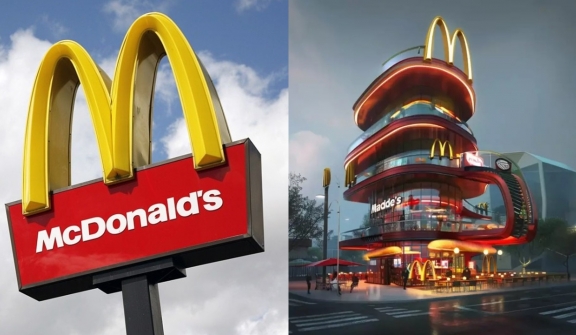
The future of McDonald's has been the topic that captured the public's attention as AI predicts a Black Mirror-like transformation for the fast-food giant.
With AI-generated renderings showcasing futuristic designs, the possibilities of what McDonald's could look like in 20 years have captured the imagination of many.

The well-known McDonald's golden arches, which everyone recognizes, might change in the future, according to AI.
The AI-generated images show different futuristic designs that could completely change the way people experience McDonald's.
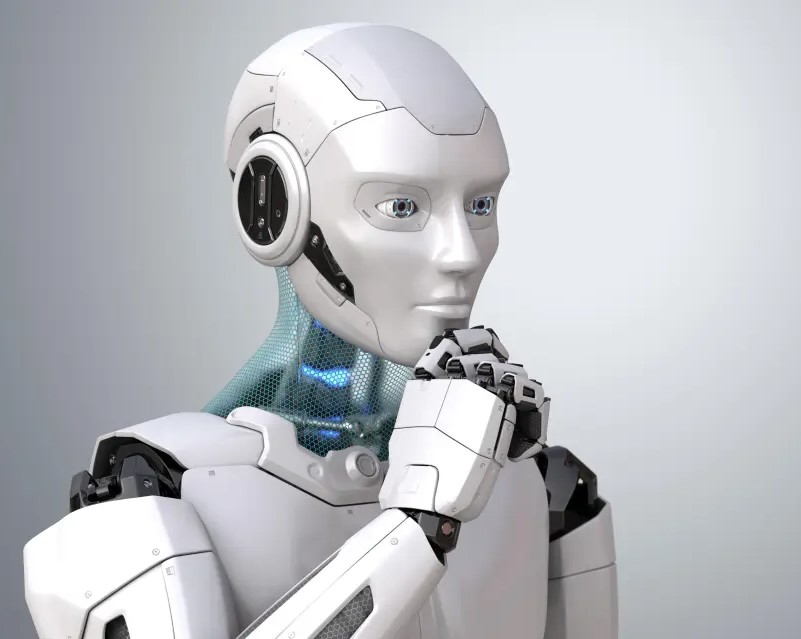
One of the AI-generated concepts showcases a diner-like structure with a modern glass top half, creating a fusion of classic and contemporary aesthetics.
The design above the eating area, however, takes on a more otherworldly appearance, leaving viewers intrigued and questioning the name change.
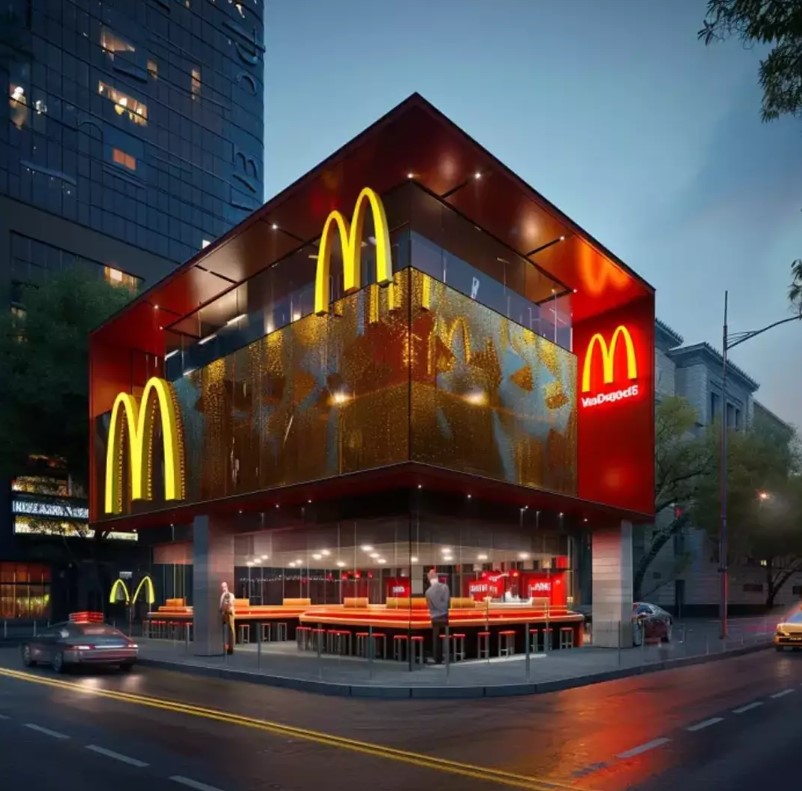
Another forecast shows a classy and trendy atmosphere that brings to mind the charming shopping streets of Paris or Tokyo.
The seating arrangement radiates sophistication, resembling the lobby of a luxurious hotel rather than a regular fast-food joint.
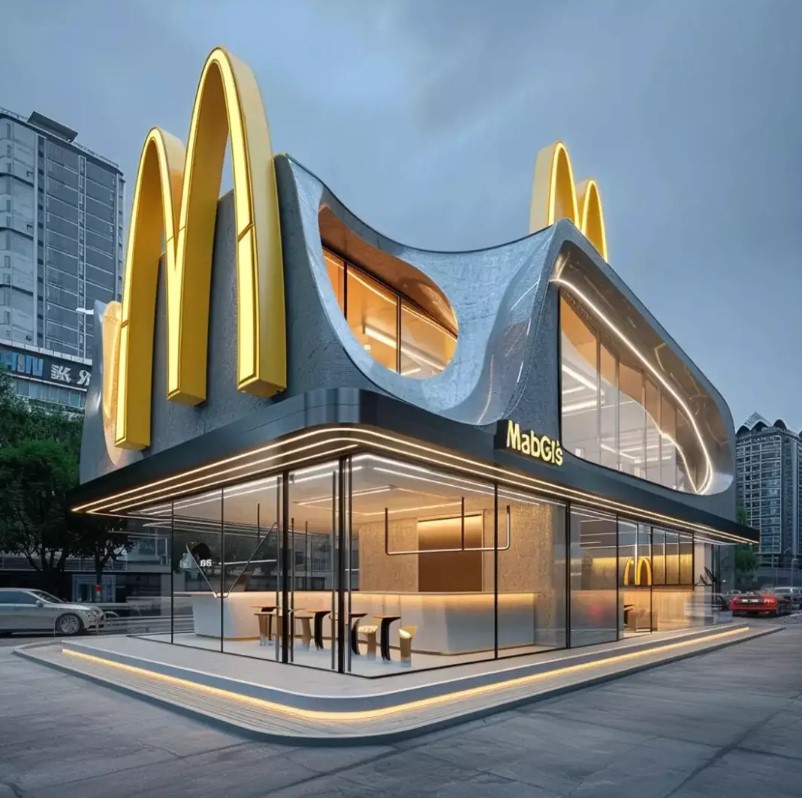
The iconic golden arches are still clearly visible, guaranteeing that the brand remains instantly recognizable.
In a more unconventional proposal, the AI-generated image presents a McDonald's that appears fitting for a theme park.
The design of the McDonald's building in this prediction is bold and attention-grabbing, with a striking and imposing structure.
It even includes a possible slide incorporated into the front of the building, adding a fun and playful element.
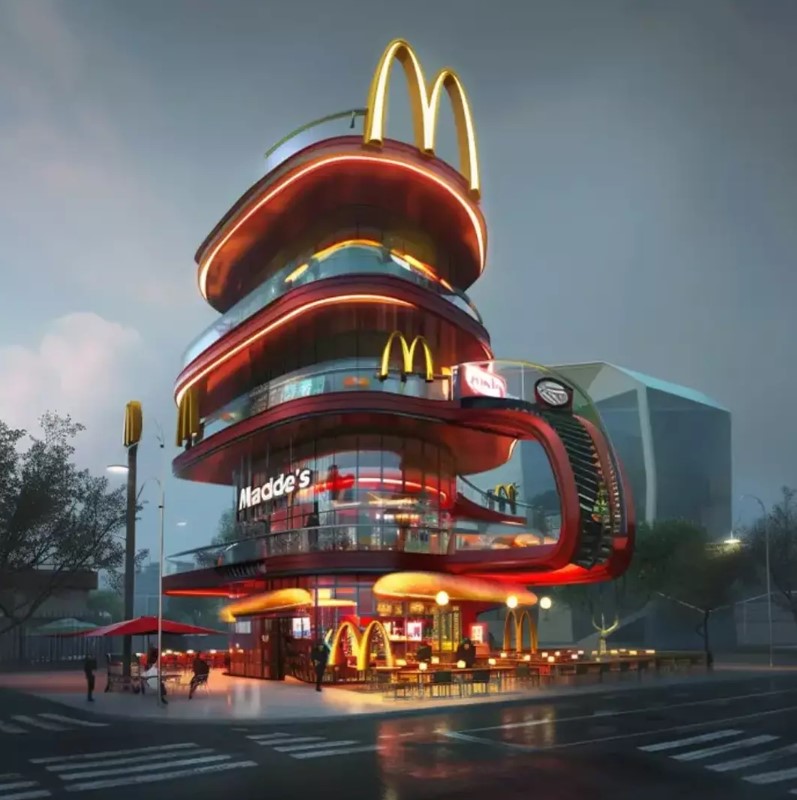
On top of that, the rooftop provides an elevated view, allowing customers to look out over the surrounding area, which may have a somewhat gloomy atmosphere.
In another futuristic concept, McDonald's is placed in a spooky and dim setting. The design, named "MaDaridis," includes a rooftop area and multiple golden "M" symbols that reinforce the restaurant's identity.
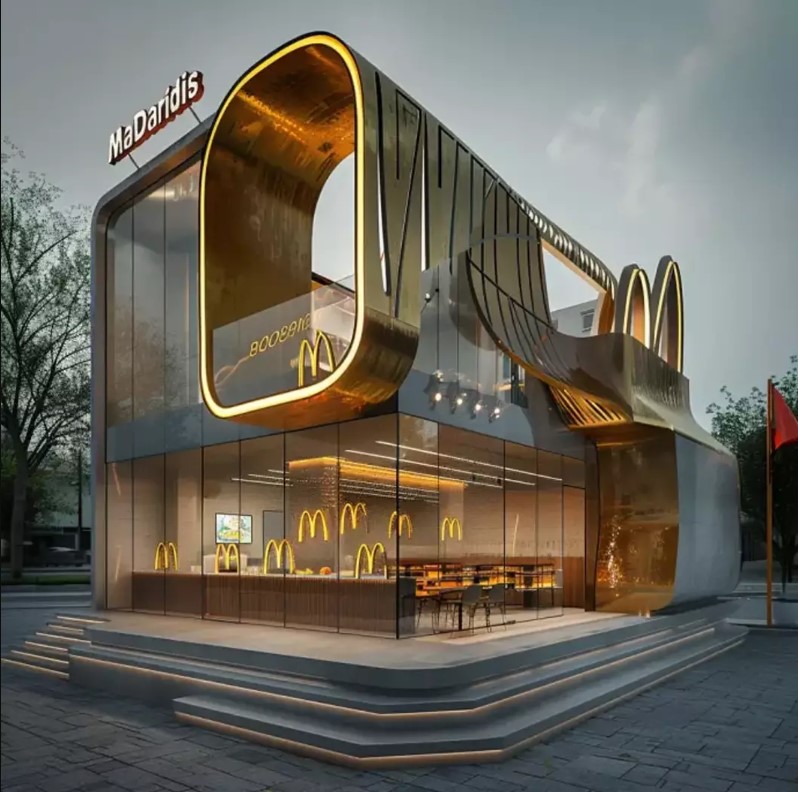
Previously, experts invented an AI calculator that has the ability to predict the time of human demise with an impressive 78% accuracy rate.
This innovative technology utilizes artificial intelligence to analyze various factors and data points, enabling it to make predictions about an individual's lifespan.
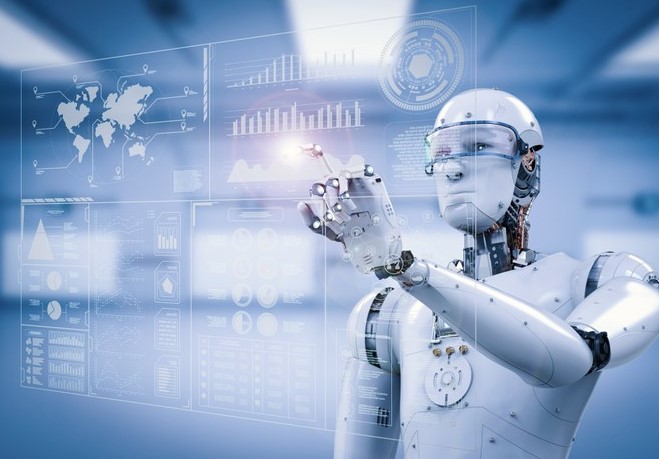
The AI calculator uses complicated algorithms to assess a range of variables, including medical history, lifestyle choices, genetic factors, and environmental influences.
By analyzing this information, the AI system can generate predictions regarding the approximate time of a person's death.
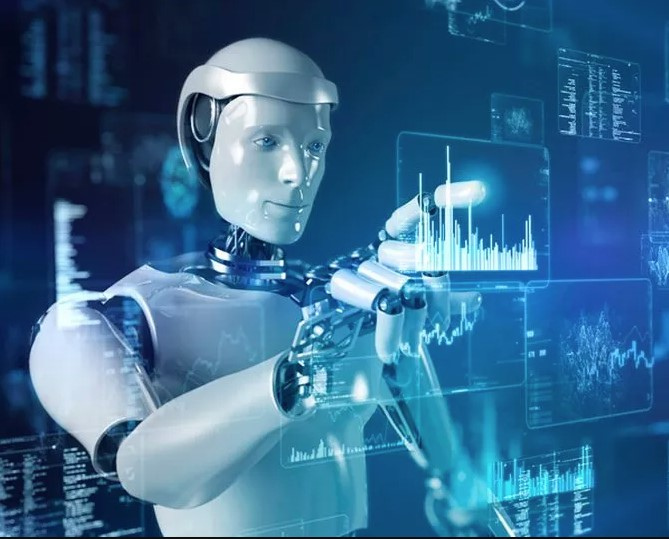
This invention has significant implications for the field of healthcare and medical research. It could aid healthcare professionals in making more informed decisions regarding treatment plans and interventions.
Remarkably, while the AI calculator is promising, predicting human mortality is complex. Unexpected accidents or illnesses can greatly affect lifespan, which the AI may not account for.




